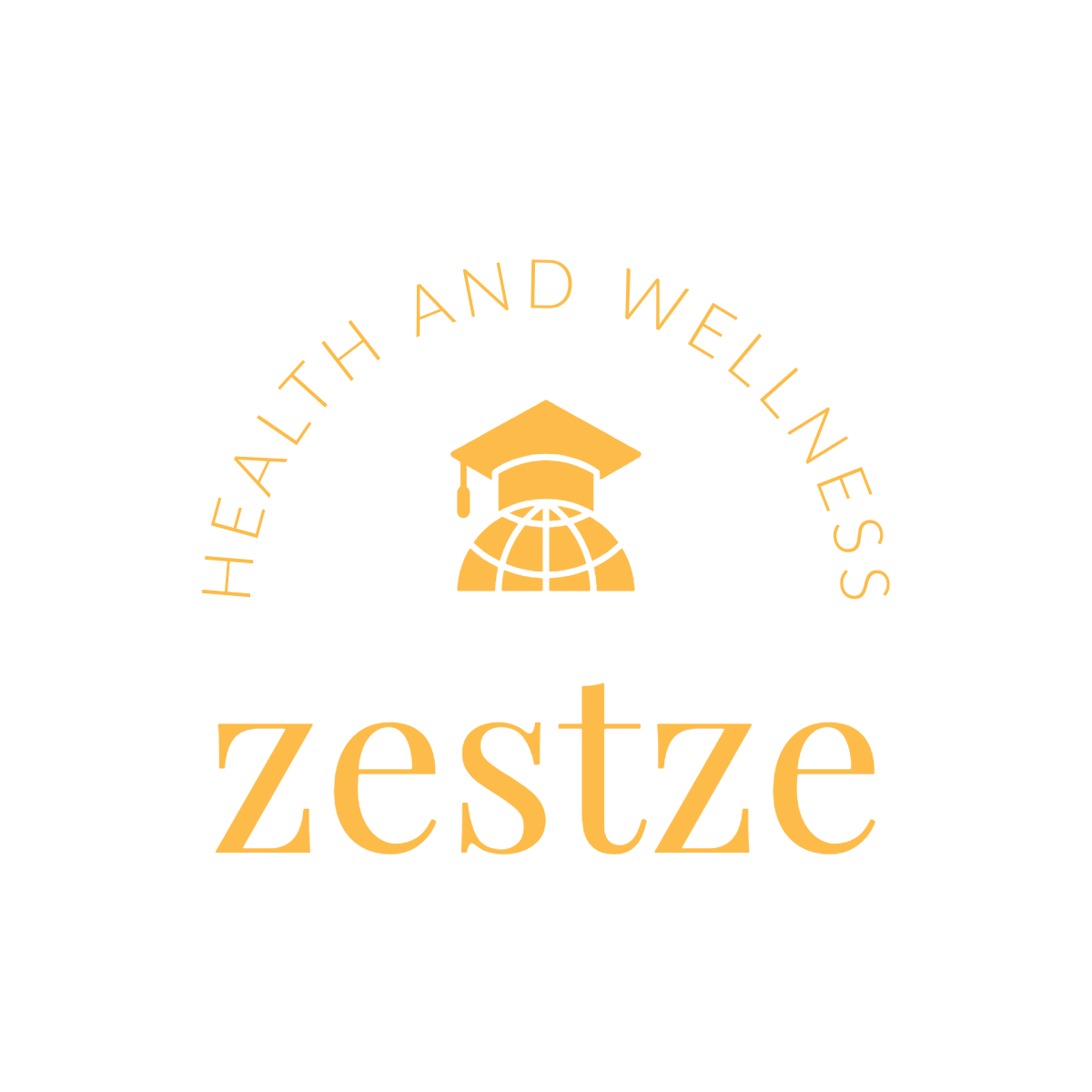Cancer Risk Factors

cancer is a gathering of diseases portrayed by uncontrolled development of a cell clone and its intrusion and
metastasis into the organ of origin and into different organs.
Cancer is a main cause of mortality around the world. While overall three most normal cancers among men are
lung, prostate and colorectal cancers; bosom, cervix and colorectal cancers are the three generally normal among
ladies. In Turkey, while lung, stomach and bladder cancers are three most normal cancers among men, bosom, colorectal and stomach cancers are the three most
among ladies.
Cancer rate is expanding because of expansion in the normal endurance time, expansion in the quantity of ahead of schedule-
stage cases thanks to recently created analytic tests, cancer review projects, and enhancements in the treatment. This expansion in cancer rate prompts
huge mortality and to critical treatment costs.
Expanding the singular’s cancer mindfulness might play a job in easing up this social weight. By deciding the recurrence of openness to known cancer-causing agents, it very well might be
conceivable to start endeavors to forestall this openness.
The target of the current review is to decide the factors influencing cancer attention to people and the recurrence of openness to known cancer-causing agent.
Obesity
Obesity is a realized cancer risk factor. Also, as obesity rates in the US keep on climbing, scientists suspect the increment is influencing cancer therapy progress.
As per the 2017-2018 Public Wellbeing and Sustenance Assessment Review (NHANES), 42% of grown-ups in the US were hefty and another 31% were overweight — 73% of U.S. grown-ups in general. In the 1988-1994 overview, just 56% of grown-ups were overweight or stout.
Being overweight or corpulent can expand your gamble for 13 sorts of cancers, which together record for around 40% of all cancers analyzed in the US.
Those cancers include:
Endometrial cancer
Esophageal adenocarcinoma
Gastric cardia cancer
Liver cancer
Kidney cancer
Multiple myeloma
Meningioma
Pancreatic cancer
Colorectal cancer
Gallbladder cancer
Breast cancer
Ovarian cancer
Thyroid cancer
METHODS
METHODS A descriptive, cross-sectional, and observational study that assessed the ABC region’s population’s view of the risk factors for neoplasms.
The patients who seek outpatient treatment from clinical and surgical specialties at ABC Medical School were asked to complete a questionnaire as part of the evaluation process.
Being a patient at one of the FMABC specialized outpatient clinics and completing the Informed Consent Form (ICF) were the requirements for inclusion. The age requirement for exclusion was being under eighteen.
Within the survey, epidemiological and Age, sex, race, and marital status were among the demographic aspects of the patient that were discussed. The following patient behaviors were assessed: hours of sleep per day; usage of illegal substances, alcohol, and cigarettes; and physical activity.
We also evaluated the history of neoplasms in our family and ourselves. Lastly, we examined socioeconomic information, including minimum wage and average family income.
Patients were asked whether or not the factor they were discussing was a risk factor for developing cancer in order to gauge their level of awareness on risk factors. The “American Institute for Cancer Research’s 2015 Cancer Risk Awareness Survey Report” served as the basis for the selection of the criteria.
Smoking Is the No. 1 Risk Factor Under Your Control
Although there is no 100% guarantee that cancer won’t strike, there are things you can do to significantly lower your risk. Among them are:
Avoid using tobacco.
One of the most effective strategies to prevent cancer is to never start smoking or to stop smoking completely. Ask your doctor for resources to assist you with quitting if needed. Aim to reduce the amount of secondhand smoke you are exposed to. Chewing tobacco is one type of tobacco that you should stay away from as it can lead to malignancies of the mouth and digestive system.
Work out.
Frequent exercise is associated with a decreased risk of cancer. Try to spend a minimum of half an hour every day, seven days a week.
Consume a balanced diet.
Consume a diet rich in fruits, vegetables, whole grains, lean proteins, and healthy fats. Avoid processed meals at all costs, particularly processed meats.

